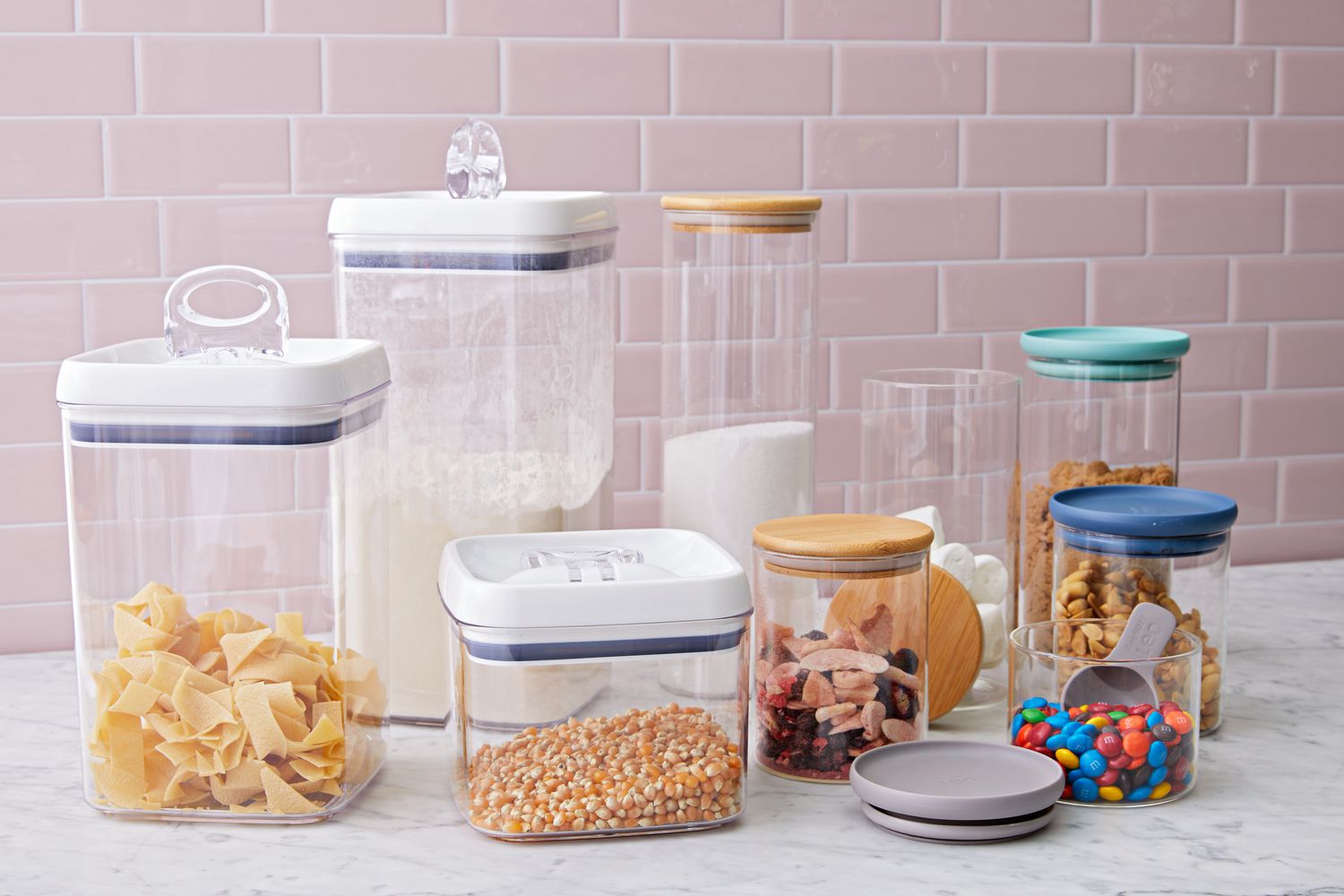FOODIE
5 Sustainable Solutions for Food Storage

Food storage plays a significant role in your daily life, whether it’s leftovers, meal prepping, or keeping fruits and vegetables fresh. However, the excessive use of single-use plastics and disposable containers has led to a growing environmental concern. Thankfully, sustainable alternatives like beeswax food wraps allow you to store your food without compromising the planet’s health. So, the following points will explore various sustainable solutions for food storage that help reduce waste and promote eco-friendly practices.
1. Glass Containers
Glass containers have gained immense popularity as a sustainable solution for food storage. In contrast to plastic containers, glass containers are non-toxic, free from BPA, and do not release detrimental chemicals into the food. Moreover, glass containers exhibit durability and are safe for use in microwaves and dishwashers. With their transparent nature, they allow for easy identification of the contents. They provide a clear view of the stored food. Glass containers are perfect for storing leftovers, meal preps, and pantry items, providing a safe and sustainable alternative to plastic containers.
2. Stainless Steel Containers
Stainless steel containers are another sustainable choice for food storage. They are lightweight, durable, and resistant to rust and stains. Stainless steel does not react with acidic or oily foods, ensuring the integrity and flavour of the stored food. These containers store soups, salads, sandwiches, and other on-the-go meals. Moreover, they are easy to clean, dishwasher-safe, and can be used for years, eliminating the need for disposable containers.
3. Silicone Storage Bags
Silicone storage bags are an innovative and reusable alternative to single-use plastic bags. Made from food-grade silicone, these bags are durable, flexible, and heat-resistant. They are perfect for storing snacks, sandwiches, and freezer items. Silicone bags are airtight and leak-proof, keeping your food fresh and preventing spills. You can use and wash them countless times, significantly reducing plastic waste in your kitchen.
4. Mason Jars
Mason jars have been a classic choice for food storage and preservation for decades. They are made of materials like glass and come in various sizes, allowing for versatile storage options. Mason jars store homemade jams, pickles, sauces, and dry goods like grains and beans. They are reusable, easy to clean, and can be repurposed for other uses. With their timeless charm and eco-friendly nature, mason jars offer a sustainable solution for food storage.
5. Beeswax Wraps
Beeswax wraps are another eco-friendly option for food storage. Crafted from organic cotton and coated with a blend of beeswax, jojoba oil, and tree resin, these wraps offer a versatile solution. They are suitable for covering bowls, encasing sandwiches, and sealing cut fruits and vegetables, promoting sustainable and eco-friendly food storage practices. Beeswax wraps are malleable and can be moulded using the warmth of your hands. They create a breathable barrier that helps preserve the freshness of the food. These wraps are reusable and can last up to a year with proper care.
In a world where single-use plastics are causing significant harm to the environment, it’s crucial to embrace sustainable solutions for food storage. Reusable food wraps, glass containers, stainless steel containers, silicone storage bags, mason jars, and beeswax food wraps are all excellent alternatives that reduce waste and promote eco-friendly practices. By incorporating these sustainable options into your daily lives, you can positively impact the environment while still effectively storing your food. It’s essential to choose materials that are non-toxic, durable, and reusable, allowing people to reduce the amount of waste they generate.
